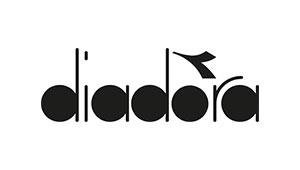
It might seem counterintuitive to some that those training for a marathon might need to watch their weight, but it is possible to gain weight when preparing to run 26.2 miles if you're not careful.
I lost 10 pounds when training for the 2011 Towpath Marathon, and have successfully maintained or lost weight while running reduced volume due to injury on two occasions. This article will discuss how to manage your diet during training for the marathon by identifying and striving for an improved race weight.
More: Running to Lose Weight
Note that I didn't say "ideal" race weight. You'll see several tools and discussions on the concept of "ideal race weight," which is based strictly on your height and gender. Frankly, these tools don't account for the fact that every runner is different. The broad-shouldered former football player will have a different potential weight than the petite former ballerina. Most ideal race weight calculators don't consider the significant negative impact of losing muscle.
However, for a vast majority of runners, especially those coming to the sport later in life, losing at least a little weight will help improve performance. Tools like the Runner's Projection Utilities can give you a sense of how much weight loss can translate into time gained on the race course. Looking strictly at the impact of "spreading" your VO2 max over a lighter weight, the gains are roughly 1 minute/pound in the marathon if you are in the 20 to 25 BMI range (give or take a few points), and can be more significant if you are above that.
More: What Is BMI and How to Calculate It
Like most aspects of your training, it helps to have a goal. A reasonable weight-loss target, if that's your primary motivation, is 1 to 2 pounds per week. However, knowing that you will need sufficient energy to train, you may want to moderate this goal to 0.5 to 1 pound per week. Again, every runner is different, and you may be able to afford more weight loss if you are starting from a higher base.
How to Calculate Target Calories
The first point to understand is that it takes a 3,500-calorie deficit to lose a pound. You can calculate your daily calorie needs outside of your training based on your gender, height, weight and activity level. You can also determine the calories you will burn while training through other calculators, or by the following rough estimate:
- Around 100 calories per mile if you weigh ~120 to 150 lbs.
- Around 120 calories per mile if you are ~150 to 180 lbs.
- Around 140 calories per mile if you are 180 lbs. or above
- 1
- of
- 4
About the Author

Get ACTIVE on the Go


Couch to 5K®
The best way to get new runners off the couch and across the finish line of their first 5K.
Available for iOS | Android



Discuss This Article